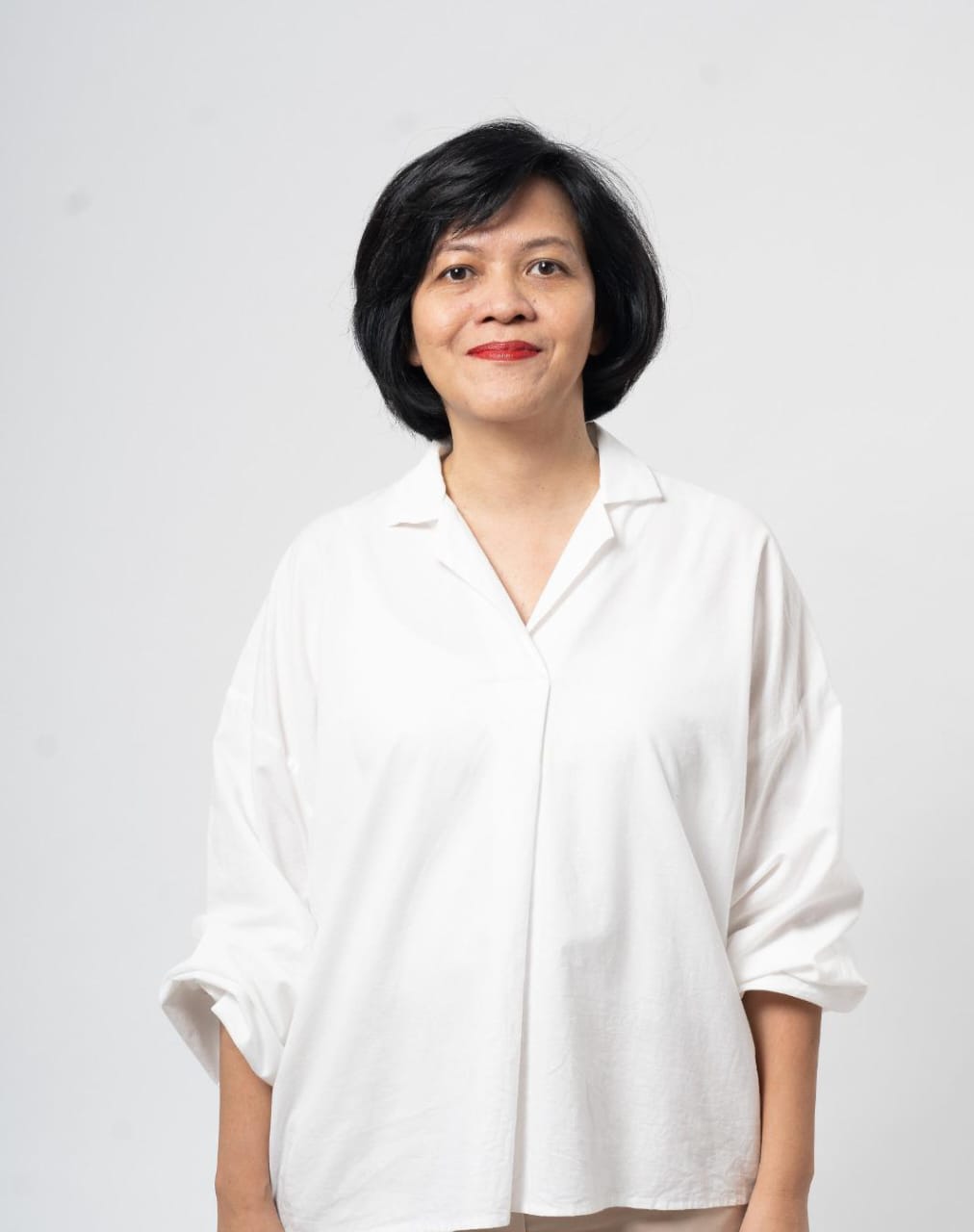In order to support the implementation of the COVID-19 recovery plan in Southeast Asia, the Faculty of Public Health, Universitas Indonesia (FKM UI) held a webinar with the theme “Health Economics Evaluation for Medicines” last Wednesday (03/08). This webinar is a continuation of the discussion from the first webinar series with the same title, last July. The special topic discussed in this webinar that lasted more than 2 hours is “Budget Impact Analysis for Medicines”.
In its implementation, FKM UI collaborates with The International Teleconference on Technology and Policy in Supporting Implementation of COVID-19 (ITTP-COVID19), a consortium involving 27 universities in Southeast Asia, supported by the ASEAN Secretariat and the ASEAN University Network (AUN). In bringing the outcomes of health research to the public, FKM UI invited a number of experts from various backgrounds, namely: Prof. Asri C. Adisasmita, Prof. Sabarinah Prasetyo, Syed Salleh Abdul Rahman, Prof. Mardiati Nadjib, Prof. Budi Hidayat, Dr. Rizaldi T Pinzon, and Ery Setiawan. This webinar is a medium for health service practitioners, especially hospitals, to increase knowledge and develop solutions to utilize Health Technology Assessment (HTA) optimally.
This event was opened by Dr. Agustin Kusumayati. M.Sc., Ph.d, the Chairperson of the 2nd ITTP Conference UI. She said that there are many things that we have learned during a pandemic, one of which is the vulnerability of our health sector, especially health technology and health medicines. One of the recommendations emphasized was the Health Technology Assessment (HTA). It is a systematic evaluation of the nature/character, effects, and impact of a health technology that is carried out in a multi-disciplinary manner to assess the impact and benefits of the technology from a social, economic, organizational, and ethical perspective.
“Indonesia has made every effort to increase its resilience by increasing new technologies and new medicines to address health problems, especially those related to COVID-19,” said Dr. Agustin Kusumayati.
After being invited to deliver the first material by Prof. Dr. Ari Fahrial Syam as the moderator, the first speaker, Prof. Dr. Asri Adisasmita talked about “Clinical Outcome and Systematic Review”. In particular, Dr. Asri introduced about Prognostic Studies in the context of COVID-19, starting from types of studies, types of predictive modeling studies, steps to build systematic reviews, and others. In the context of Covid-19, prognostic factors must be recognized so that the handling of Covid-19 patients is fast and appropriate so that the patient’s mortality rate can be reduced.
“With a systematic review of prognostic studies, we can provide evidence to decide which factor or model to use in clinical practice or apply evidence-based guidelines,” explained Dr. Asriel.
The second health innovation was explained by Dr. Rizaldi T Pinzon from Neurology Department of Bethesda Hospital. In his presentation, Dr. Rizaldi explained about the significance of Real World Evidence and its application process in the world of health, especially in the post-pandemic context.
Meanwhile, Dr. Mardiati Nadjib, from the Faculty of Public Health, explained from the economic perspective related to ‘Systematic Review’ and ‘Real World Data’ which had been presented by the two previous presenters. The economic evaluation was explained in continuous points starting from the current situation of a person’s health, followed by key factors, impacts, and the new situation that will be processed and the results of the financial implications.
Apart from analyzing economic evaluations and financial analysis (budget analysis), Prof. Sabaranah explained the survival analysis, starting from choosing the method to the process of reporting the analysis.
In the last session, Prof. Ari emphasized the importance of continuing to raise the issue of Health Technology Assessment (HTA) from various perspectives so that health workers can efficiently use medicines and medical devices. Thus, technology screening can be used efficiently in the health sector.
“Health financing is indeed quite big. If it is not done efficiently, it will be wasteful. Therefore, that is where the important role of HTA is,” concluded Prof. Ari.



